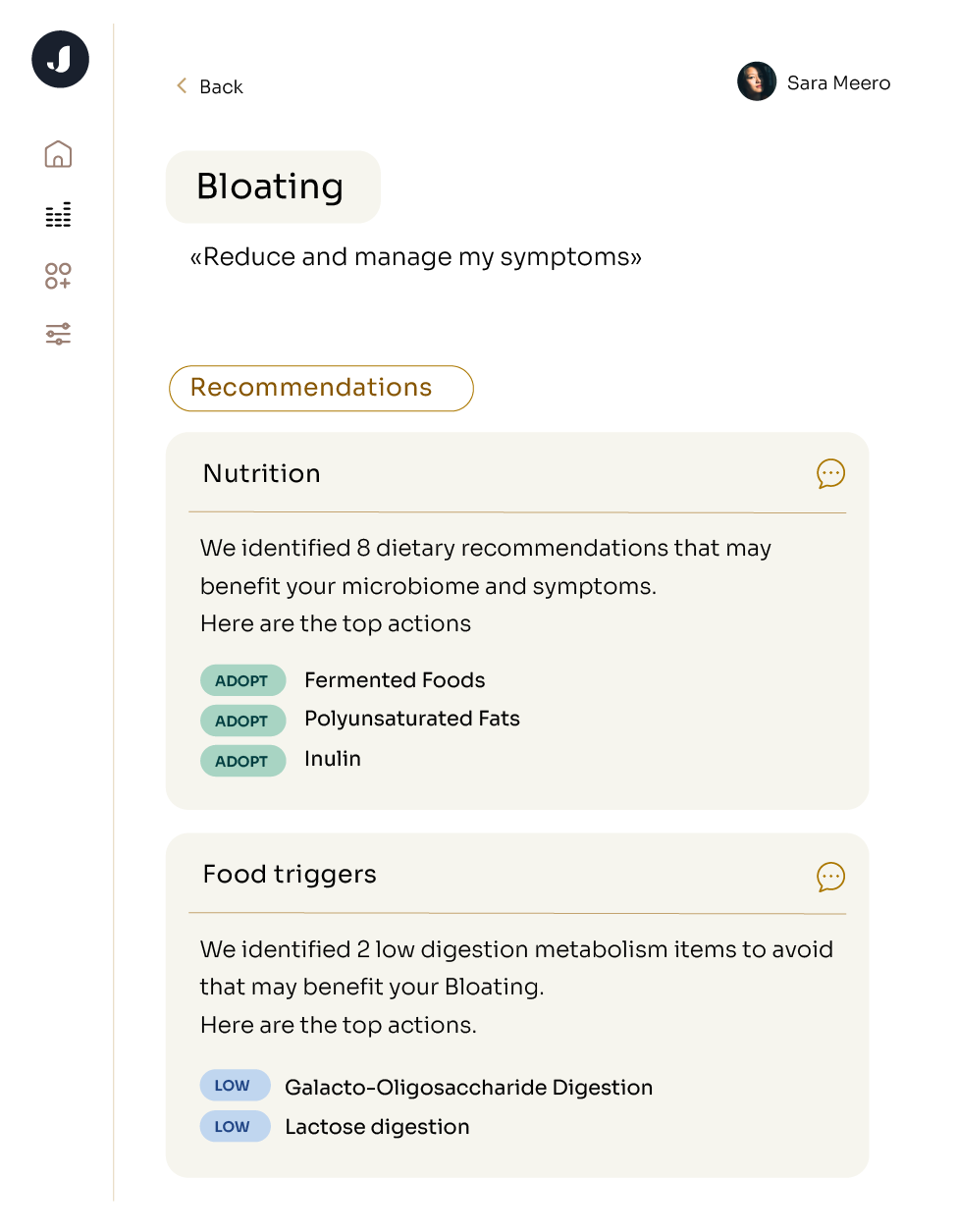The research on environment and the microbiome expands beyond the gut to include microbial communities in the skin and mouth. Though these communities are smaller than the gut microbiome - mere millions on the skin, as compared to trillions in the gut - the skin and mouth microbiomes are still large and complex ecosystems with a key role in health.
Who You Live With
Your environment matters for your microbiome starting early in life. One of the first relationships determining your gut microbiome is your mother, whose microbes are transferred to you at birth. The method of delivery - vaginal versus C-section - determines the microbial community that first seeds your gut as an infant, with evidence suggesting that exposure to the mother’s vaginal microbiome has particular benefits for infants’ immunity. After birth, our microbiomes continue to be strengthened through skin contact and breastfeeding during infancy and resemble those of our mothers through early childhood: during the first year of life, infants and their mothers have been found to share up to 50% of the bacterial strains in their gut microbiomes. By the age of three, mother-child microbiome similarity declines to about the same level as with any other household member.
Later in life, your relationships continue to affect the microbes in your environment, though not as strongly as your mother. We deposit microbes into our environments constantly through breathing and microscopic skin shedding, meaning that your roommates or household are likely to affect your skin and gut microbiome through shared surfaces, overlapping diets and even using the same bathroom. In fact, humans leave a microbial ‘signature’ suspended in the air and on surfaces even after leaving the room. The human-associated microbe Acinetobacter, for example, is higher in occupied vs. unoccupied rooms even within the same building.
Living in close proximity to others increases your microbial exposure, but do your roommates’ bacteria actually find their way into your system? The answer appears to be yes - temporarily. One study comparing genomic and microbiome data found that unrelated adults living in the same household have more gut microbiome similarity than family members who live separately, underscoring the importance of your environment to your microbiome. A different study conducted on college roommate pairs found that the skin, but not gut, microbiota of roommates began to converge after a few months of living together. However, the effect was short-lived: even a few days apart during Thanksgiving break reduced the degree of similarity!
As you might predict, living with a romantic partner further accelerates the transmission of microbes between cohabitants. In one study of couples, cohabitation was significantly associated with skin microbiome community composition when sampled across 10 different places on the body (ear, navel, thigh, etc). Choose your roommates wisely - sharing space means sharing microbes.
Who You Touch
Beyond the surfaces you touch, physical contact with other people also offers an opportunity for microbe transfer. Again, skin-to-skin contact is especially important between mothers and infants, with research showing that infants who receive an extra hour of daily skin contact from their mothers have higher levels of Lacticaseibacillus and Bacteroides than infants receiving care as usual. resulted in differences in gut microbiome species abundance.
Touch between romantic partners also shapes your oral microbiome through kissing. One study found that couples who kiss nine or more times per day have significantly shared oral microbiota. The oral microbiome has been linked to oral health and may also be implicated in risk profiles for various diseases and recovery after antibiotic use. To make sure your oral microbiome stays healthy, stick to a low-sugar diet, avoid tobacco use, and see your dentist regularly - your choices impact your partner, too.
Who You’re Friends With
Robust social relationships have a protective effect on health, including for those who live alone or are not partnered. Studies have found evidence that social relationships across the lifecycle, including marriage, can affect inflammation, sleep quality, metabolic health, pain perception and cardiovascular risk. In turn, each of these factors can also influence the balance of microbes in your gut: For example, one recent study found that the frequency of social interactions with friends and relatives was a strong predictor of gut microbiota diversity. Keeping up your social circle, independent of romantic partners, benefits your health.
The gut microbiome can be a bidirectional link between your surroundings, the people close to you and your health. So, appreciating your loved ones this Valentine’s Day is an all-around benefit for keeping up healthy relationships and a healthy body.







